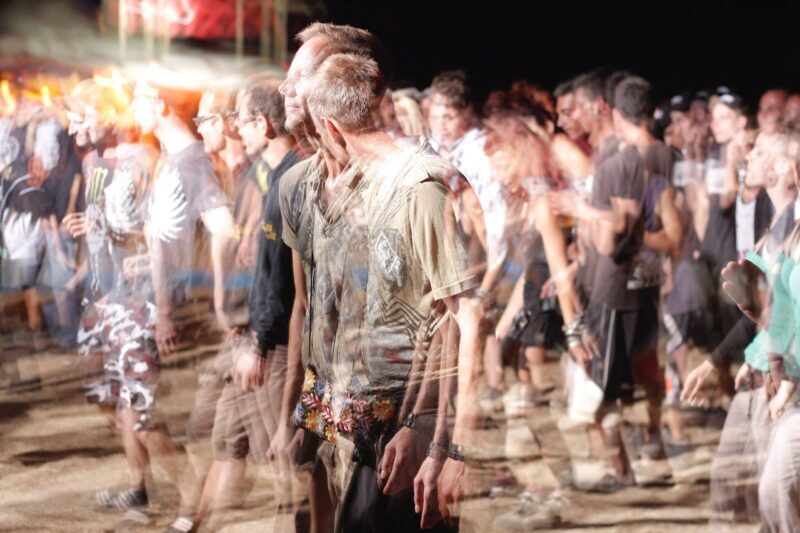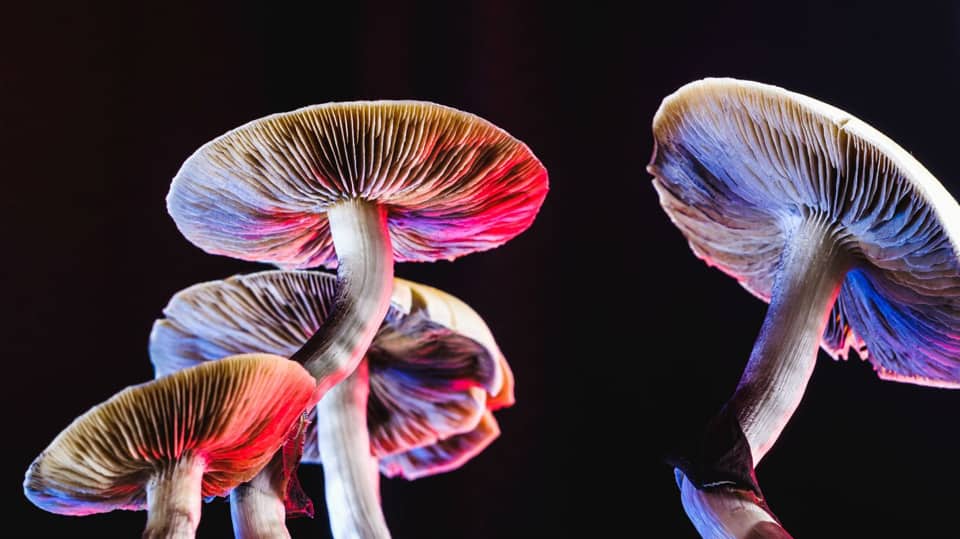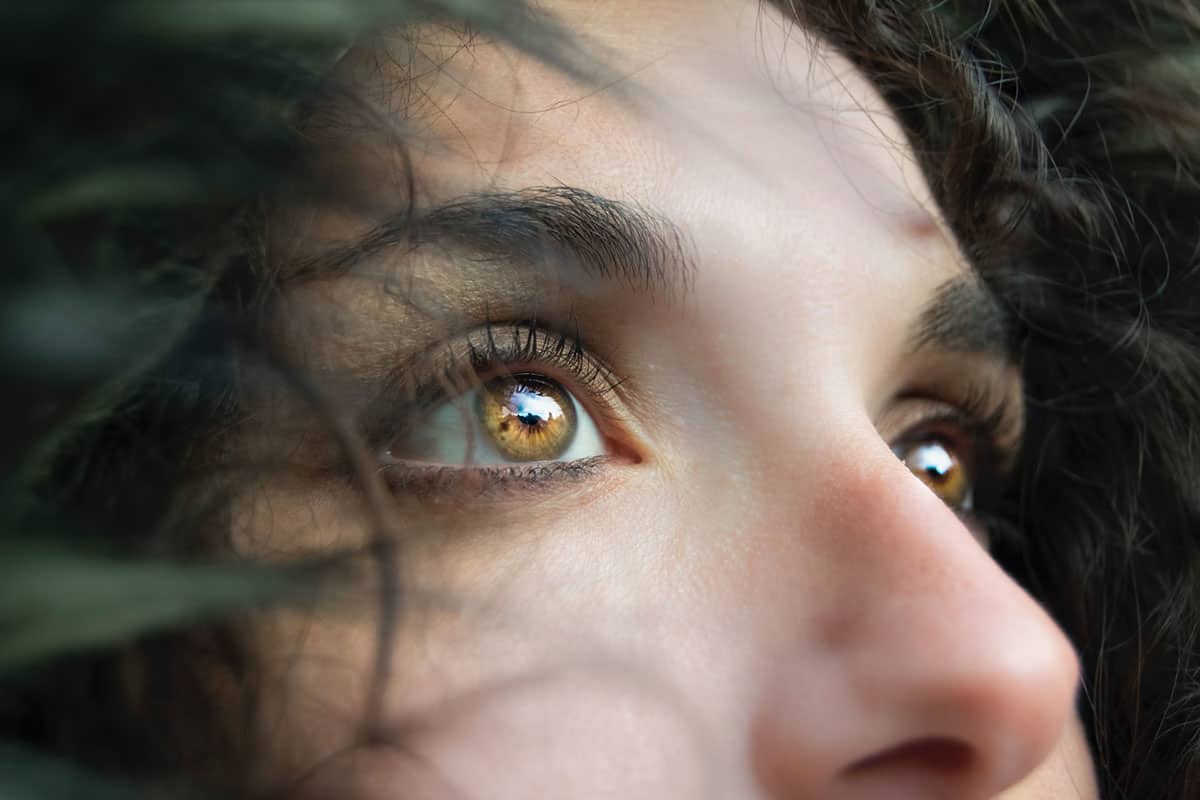
Art and LSD: the iconic duo
In a world saturated with art, psychedelics play a large role. It is no secret that many famous artists we inspired by the psychedelic experience.

What are the 3 most important studies on microdosing so far? Depends on what you mean by important.
A lot of studies on microdosing are limited in scope. They may be observational or epidemiological. This means they can give us insight into microdosing but can’t establish cause and effect.
Can microdosing improve your mood and focus? Will it increase your productivity? Or is this all one big placebo effect?
Fortunately, our 3 most important studies on microdosing so far are all double-blind and placebo-controlled. This means that neither the participants nor the researchers know who is receiving an active dose and who is receiving a placebo.
So let’s use science to see if microdosing lives up to its hype.
Microdosing is taking a sub-pharmacological dose of a substance, often a psychedelic like psilocybin mushrooms or Lysergamides.
Everybody knows when you take a hefty dose of these substances, you experience a “psychedelic trip” that transforms your senses.
A large enough amount and you experience a phenomenon called “ego death.”
But microdosing? Do you even feel anything?
Anecdotal reports tell us a lot. They may not be “scientific,” but they are indicators that microdosing may go beyond the mere placebo effect.
Thousands have reported better focus, increased productivity, and more creativity. Others feel their moods are more stable and convey a general sense of well-being.
Some even report higher cognitive functions, like memory and learning.
Whether you’re a student or academic, a business person, or someone who has to be creative at work, microdosing may work for you!

Of the 3 most important studies on microdosing so far, this is our third-most important.
Published in the journal Addiction Biology, this research didn’t find conclusive evidence that microdosing helped with focus or memory. Still, they did show it was more than a placebo.
The microdosing participants had less fearful emotions, decreased feelings of isolation, and were less prone to flight-or-fight responses.
Participants reported feeling more enthusiastic in higher microdoses. Like they had more vigour.
Researchers administered low doses of LSD to 56 healthy adults aged 18 and 35 for two weeks. None experienced psychedelics or microdosing and did not know what to expect.
“We can’t say necessarily that microdosing doesn’t work,” the lead researcher said in a news release. “All we can say is that, under these controlled circumstances, with this kind of participant, these doses, and these intervals, we didn’t see a robust effect.”
Meaning they saw changes but not life-changing. No objective conclusive evidence that microdosing makes you more focused, productive, or happier.
But, the researchers admitted they only looked at healthy people for two weeks. They don’t know what the results would have been if they’d gone longer. Or if they’d done their research on people suffering from anxiety or procrastination.
Of the 3 most important studies on microdosing so far, this is our second-most important. And it’s not what you might think.
This article focuses on placebo-controlled studies to ensure we’re not just confirming our bias. And so, if placebo-controlled research doesn’t find evidence for microdosing, we’ll tell you about it.
So what does the most recent research on microdosing say? Did a double-blind placebo-controlled study on psilocybin mushrooms debunk microdosing?
The researchers said a laboratory setting “could fail to capture the motivation of individuals engaged or planning to engage in microdosing protocols, thus underestimating the likelihood of positive effects on creativity and cognitive function.”
So there’s that.
Also, “The reported acute effects were significantly more intense for the active dose compared to the placebo,” but only when the participants realized they were in the microdosing group. This likely means that even at 0.5 grams of dried mushroom, they still felt some of the pharmacological effects, however mild.
But critics focus on where the researchers wrote, “We conclude that expectation underlies at least some of the anecdotal benefits attributed to microdosing with psilocybin mushrooms.”
Translation: it’s all a placebo.
But wait, that’s not what they said. The authors wrote at least some of the benefits are attributed to microdosing. So what can and can’t they attribute to the placebo effect?
Researchers found brain changes. But they couldn’t link certain behaviours to what their measurements told them. They found reduced EEG power in the theta band with preserved Lempel-Ziv broadband signal complexity levels.
In other words, altered EEG rhythms. Which is a scientific way of saying something more than a placebo. Something was happening in the brain. But to the authors of this important study on microdosing, it was unclear.

Of the 3 most important studies on microdosing so far, this is our most important.
In partnership with the Maastricht Programme, the UK-based Beckley Foundation conducted the first important study on microdosing by looking at it in a laboratory.
Healthy volunteers received single doses of 5, 10, and 20 micrograms of LSD or a placebo. Researchers took blood samples every hour and detected changes using an ELISA test.
They measured changes in the brain-derived neurotropic factor before. The BDNF is a hallmark in neurodegenerative and neuropsychiatric disorders.
Researchers believe a malfunctioning BDNF can cause various disorders, from depression to diabetes to Alzheimer’s disease.
This important study on microdosing also found pain-killing properties, further cementing the fact that microdosing is not a placebo.
So does microdosing help with x, y or z? Can it help your focus or stimulate your creativity? Can it help you start a business or reduce the anxiety before a speaking event?
In the 3 most important studies on microdosing so far, we saw one researcher speak to the microdosing protocol as possibly essential for achieving the desired results.
A laboratory setting can only tell us so much. But it does tell us something. Whatever is happening in the brain certainly isn’t a placebo effect.
To use one example: something happens in the brain that makes people feel like they have more vigour. When you feel more enthusiastic, don’t you feel compelled to act? It’s hard to sit around when you’re feeling motivated.
We could say that microdosing protocols set the foundation for positive brain changes. And once we think and feel these brain changes, we can change our subjective behaviour.
How about you? Has your microdosing protocol changed your life for the better? Let us know in the comments!
Check out our shop full of microdosing goodies!

In a world saturated with art, psychedelics play a large role. It is no secret that many famous artists we inspired by the psychedelic experience.

There appears to be a lot of hype around brain health supplements, ‘self-care’ and general wellness. People of all ages and backgrounds seem to be

We rarely find a more revered, appreciated, treasured, and prized natural resource in the world other than Psilocybe Cubensis. Known by more names than we

I have been writing articles for Journey for literally years and I cannot believe I have not written an article that answers our #1 most

Microdosing retreats around the globe vary from country to country. While there are undoubtedly some sketchy retreats, finding bad reviews or questionable-looking websites helps you

The “Stoned Ape” Theory is an affectionate nickname given to an evolutionary idea developed by Terence and Dennis McKenna. The theory presupposes that psilocybin mushrooms,
GET 10% DISCOUNT WITH NOTIFIED ABOUT THE LATEST NEWS AND UPDATES. NO SPAM, WE PROMISE!
FREE Tracked shipping on orders over €250 to EU countries.
Monday- Friday 8.30am- 5pm (CET)
A range of options available
Guaranteed delivery or your money back